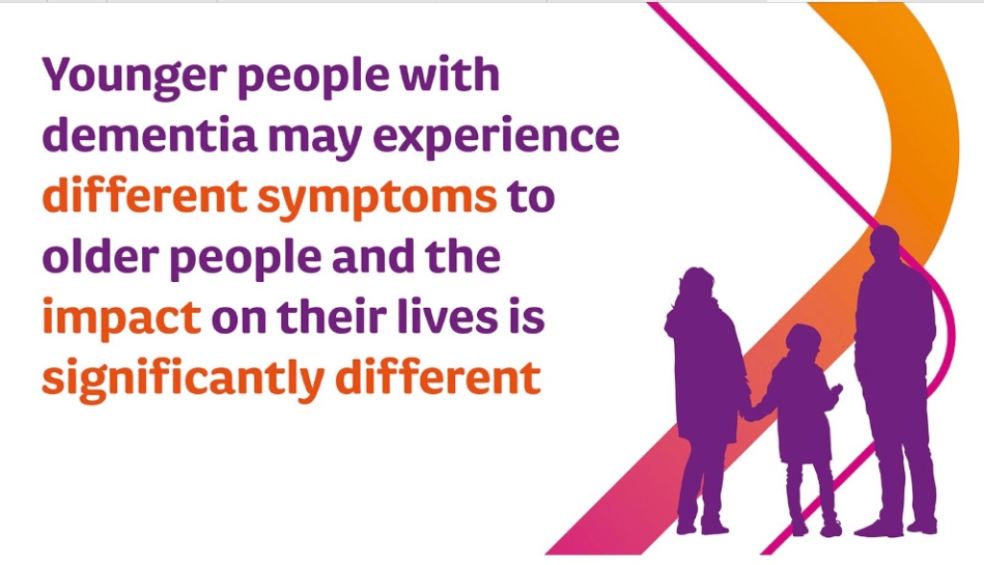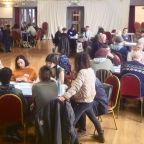
It's World Alzheimer’s Month - Have you Heard of Young Onset Dementia?
When most hear the word dementia it’s often Alzheimer’s disease and older people they think about. In fact there are over 100 types of dementia.
However for this piece I want to raise awareness and touch upon one of the more rare types - Young Onset Dementia (YOD) which means the person diagnosed is under 65.
This presents many challenges such as the person may have a young family, be working and also struggle to get a definitive diagnosis.
It is estimated there are over 70,800 people living with Young Onset Dementia in the UK.
Raising awareness is key.
"Dementia is described as ‘young onset’ when symptoms develop before the age of 65, usually between 30 to 65 years of age. It is also referred to as ‘early onset’ or ‘working age’ dementia, but these terms can cause confusion.
‘Early onset’ can be interpreted as the early stages of dementia and ‘working age’ is now less defined as retirement age is more flexible.
As dementia is frequently and wrongly, thought of as a condition that is just associated with old age, the early symptoms of young onset dementia are not always recognised and may be attributed to other causes including depression, stress, menopause, physical health problems and relationship issues.
This can lead to a significant delay (on average four years) in getting an accurate diagnosis and access to appropriate support and can have a negative impact on not just the person with dementia’s life but also the whole family.
Over the past few years I have met a number of people who waited between two and five years to obtain a definitive diagnosis of Young Onset Dementia and were initially misdiagnosed. This is partly due to lack of knowledge, and the person presenting in more unusual ways making it more difficult for loved ones and GPs to recognise what is causing the symptoms".
Three years ago Sarah approached me concerned about her mum Joy, who was 58-years-old. We chatted and she relayed to me a few situations which were beginning to worry her more and more.
Dementia didn’t enter Sarah’s mind, why would it, her mum was 58. It was a disease she knew little about but always assumed “only older people lived with it”. Joy was presenting with symptoms such as confusion, forgetting work meetings and events she would always remember, as well as difficulty following conversations.
I gently suggested a visit to her GP would be worthwhile. Broaching the issue with her mum was tough but eventually she agreed. After nine months of monitoring and a referral to the Memory Clinic Joy was diagnosed with Young Onset Dementia.
Fortunately her employer was understanding and with reasonable adjustments in place she has continued to work.
Dementia is the biggest health and social care challenge of the century and there is currently no cure, therefore information is vital and knowledge is power.
From over a decade learning about dementia and working with families, I understand the fear around the prospect of a diagnosis, but please know there is support available. In the meantime our hope is to one day find a cure.
Do check out the links below as they are extremely informative and offer a wealth of resources…
https://www.raredementiasupport.org/
I am a dementia consultant for the Exeter Dementia Action Alliance and an advocate for families affected by dementia supporting them to navigate the complex health and social care system.











